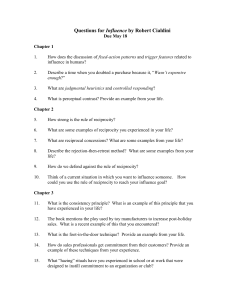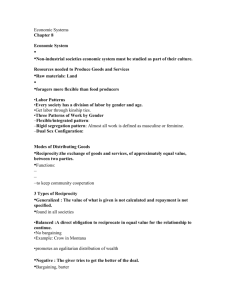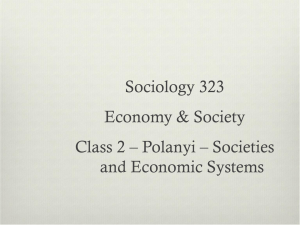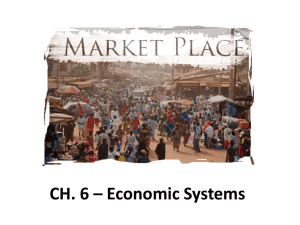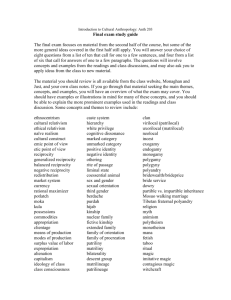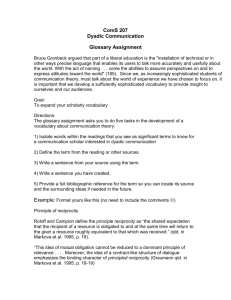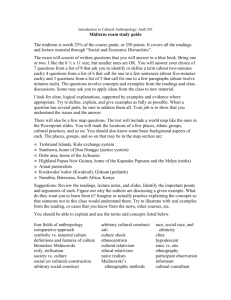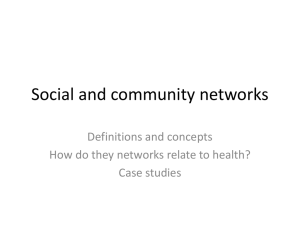Session Overview
advertisement
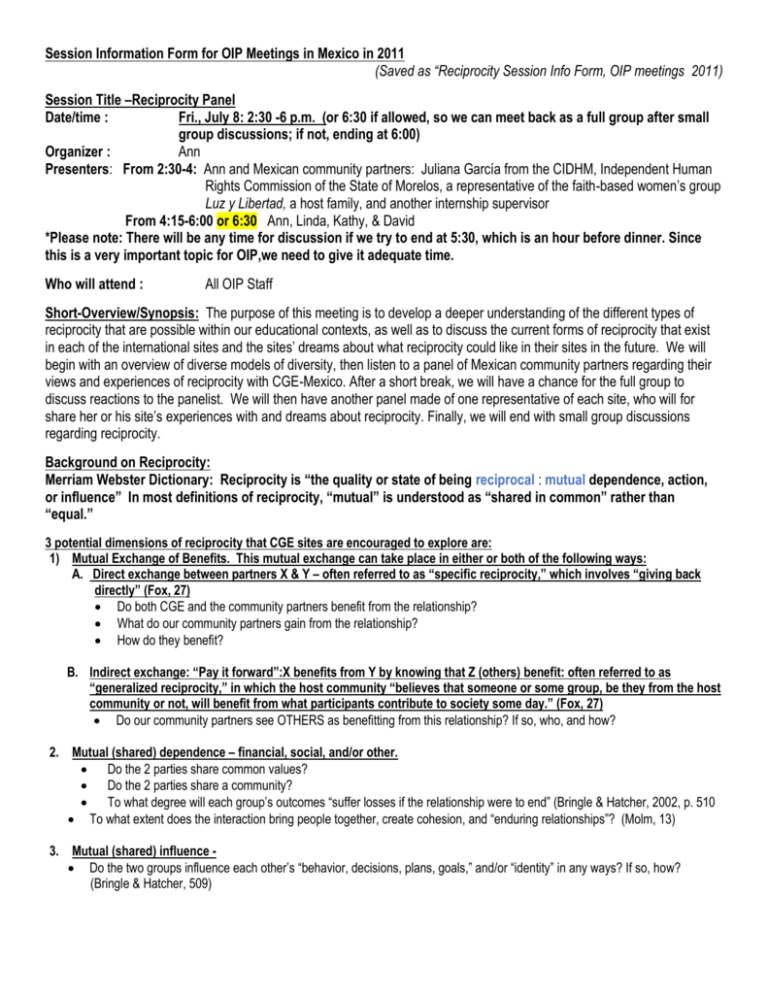
Session Information Form for OIP Meetings in Mexico in 2011 (Saved as “Reciprocity Session Info Form, OIP meetings 2011) Session Title –Reciprocity Panel Date/time : Fri., July 8: 2:30 -6 p.m. (or 6:30 if allowed, so we can meet back as a full group after small group discussions; if not, ending at 6:00) Organizer : Ann Presenters: From 2:30-4: Ann and Mexican community partners: Juliana García from the CIDHM, Independent Human Rights Commission of the State of Morelos, a representative of the faith-based women’s group Luz y Libertad, a host family, and another internship supervisor From 4:15-6:00 or 6:30 Ann, Linda, Kathy, & David *Please note: There will be any time for discussion if we try to end at 5:30, which is an hour before dinner. Since this is a very important topic for OIP,we need to give it adequate time. Who will attend : All OIP Staff Short-Overview/Synopsis: The purpose of this meeting is to develop a deeper understanding of the different types of reciprocity that are possible within our educational contexts, as well as to discuss the current forms of reciprocity that exist in each of the international sites and the sites’ dreams about what reciprocity could like in their sites in the future. We will begin with an overview of diverse models of diversity, then listen to a panel of Mexican community partners regarding their views and experiences of reciprocity with CGE-Mexico. After a short break, we will have a chance for the full group to discuss reactions to the panelist. We will then have another panel made of one representative of each site, who will for share her or his site’s experiences with and dreams about reciprocity. Finally, we will end with small group discussions regarding reciprocity. Background on Reciprocity: Merriam Webster Dictionary: Reciprocity is “the quality or state of being reciprocal : mutual dependence, action, or influence” In most definitions of reciprocity, “mutual” is understood as “shared in common” rather than “equal.” 3 potential dimensions of reciprocity that CGE sites are encouraged to explore are: 1) Mutual Exchange of Benefits. This mutual exchange can take place in either or both of the following ways: A. Direct exchange between partners X & Y – often referred to as “specific reciprocity,” which involves “giving back directly” (Fox, 27) Do both CGE and the community partners benefit from the relationship? What do our community partners gain from the relationship? How do they benefit? B. Indirect exchange: “Pay it forward”:X benefits from Y by knowing that Z (others) benefit: often referred to as “generalized reciprocity,” in which the host community “believes that someone or some group, be they from the host community or not, will benefit from what participants contribute to society some day.” (Fox, 27) Do our community partners see OTHERS as benefitting from this relationship? If so, who, and how? 2. Mutual (shared) dependence – financial, social, and/or other. Do the 2 parties share common values? Do the 2 parties share a community? To what degree will each group’s outcomes “suffer losses if the relationship were to end” (Bringle & Hatcher, 2002, p. 510 To what extent does the interaction bring people together, create cohesion, and “enduring relationships”? (Molm, 13) 3. Mutual (shared) influence Do the two groups influence each other’s “behavior, decisions, plans, goals,” and/or “identity” in any ways? If so, how? (Bringle & Hatcher, 509) Goals/Objectives: participants will: 1. Learn about different definitions and models of reciprocity. 2. Hear directly from a few Mexican community partners about their views of reciprocity and how they have benefited (or not) from the relationship with CGE-Mexico, as well as their hopes for the future. 3. Learn what forms of reciprocity currently exist in each of the international sites and the sites’ dreams about what reciprocity could like in their sites in the future. Take-aways – any specific decisions/work that will be generated as a result of your session: 1. Common language about reciprocity. 2. Appreciation of what Mexican community partners see as the benefits of CGE’s work, as well as challenges. 3. Deeper understanding of how reciprocity takes place in all of our sites. 4. Ideas about ways in which CGE can continue to foment reciprocity with community partners. Session Outline/Agenda (The Agenda will be structured around the objectives listed above): 2:30-6 p.m. 2:30-4 Session with Mexican Community Partners I. Introduction and Overview II. Panel of Mexican Community Partners, including representatives of speakers, internship placements, and host families III. Questions and answers 4:30-4:15 Break 4:15-6:00 Session of OIP /Augsburg Faculty & Staff I. Reactions to Speakers (4:15-4:30) II. Panel of Representatives from Central America, Namibia, & Mexico re. Reciprocity in their Sites (4:30-5:30); 15 minutes per site, plus 15 minutes for questions and answers III. Small group discussions about reciprocity, with small groups writing key ideas up on butcher paper (5:30-6:00) IV. Plenary – sharing key ideas from small groups (6-6:30 if we can take more time, which we probably can’t) Minute taker: Volunteer needed. Any volunteers? Will you be providing handouts? Yes. We will also use overheads & powerpoints. AV, materials needed and room set up Requirements 1. Power point projector & laptop 2. Butcher paper and markers Persons submitting: Ann Lutterman-Aguilar Team approving: ?
